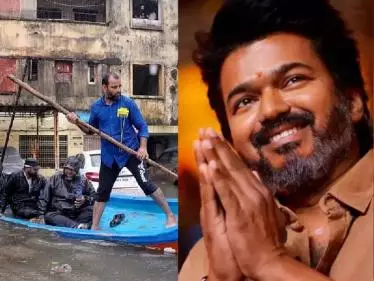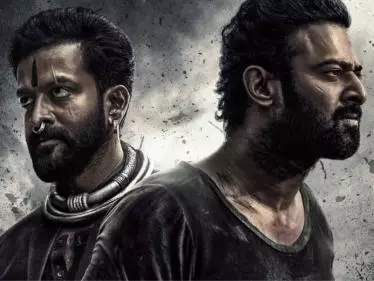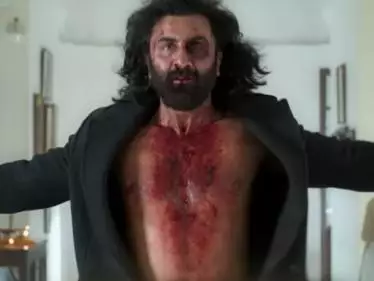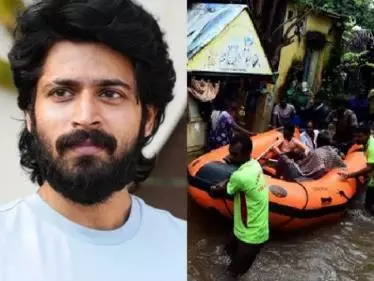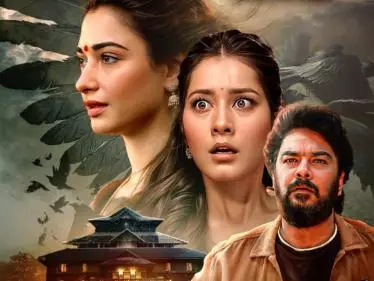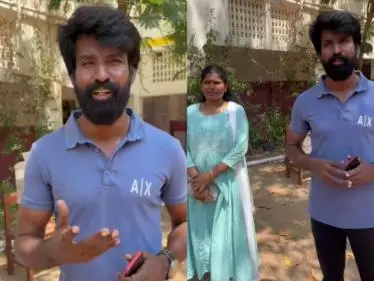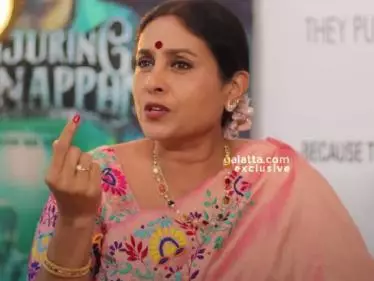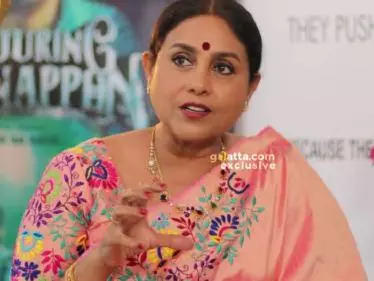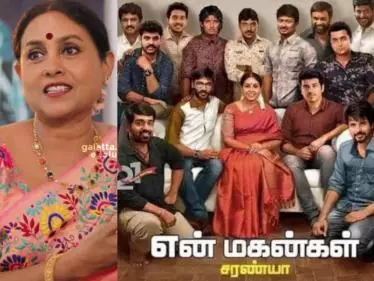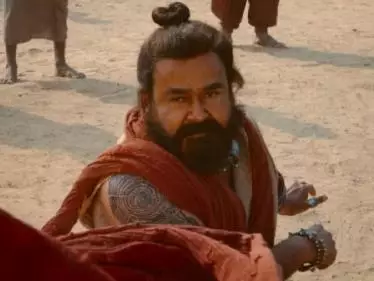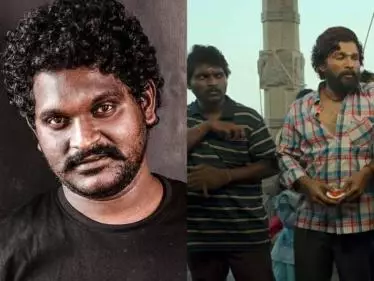
I couldn't visualize Dadasaheb Phalke as a common man: Mokashi
"Dadasaheb Phalke was no typical individual that we encounter in our daily life, and portraying him in the temperament of a common man would be a grave injustice to his personality as well as achievement," says Paresh Mokashi, director of Harishchandrachi Factory, a film based on the life of the Father of Indian Cinema.
In Mokashi's view, the film cannot be deemed as a biographical work on Dadasaheb Phalke as it covers only a specific period of his life (from 1911 to 1914) when he was actively involved in filmmaking.
"I heavily depended on two books available on him; one written by Bapu Watve and the other titled 'Maunankit' penned by Gangadhar Mahambre. Dadasaheb's foray into diversified fields, ranging from studying art at the JJ School of Arts to learning magic from a German expert, and his stint with the Archaeological Survey of India setting up a printing press, was itself inspirational to me."
Bringing up the luck factor, Mokashi added that the movie on the man who laid the foundation stone for the multi-billion rupee industry in the country had not attempted by any filmmaker till now. "It is an entertainment adventure connected with the search of a new technique by way of Cinema. I am happy to have completed the task," said Mokashi with palpable relief.
Incidentally, Harishchandrachi Factory, is India's official entry in the Best Foreign Film category for the 2010 Academy Awards, and the director has just returned from the USA after the promotional tour of the film.
Nandu Madhav, the talented stage and film actor who enacted the role of Dadasaheb Phalke, said his director should be commended for ignoring the oft-followed traditional style used in making biographical films, which is full of pathos and depressing incidents; more so, as the efforts of Dadasaheb Phalke towards producing the first Indian silent film could not exactly be described as a happy experience.



